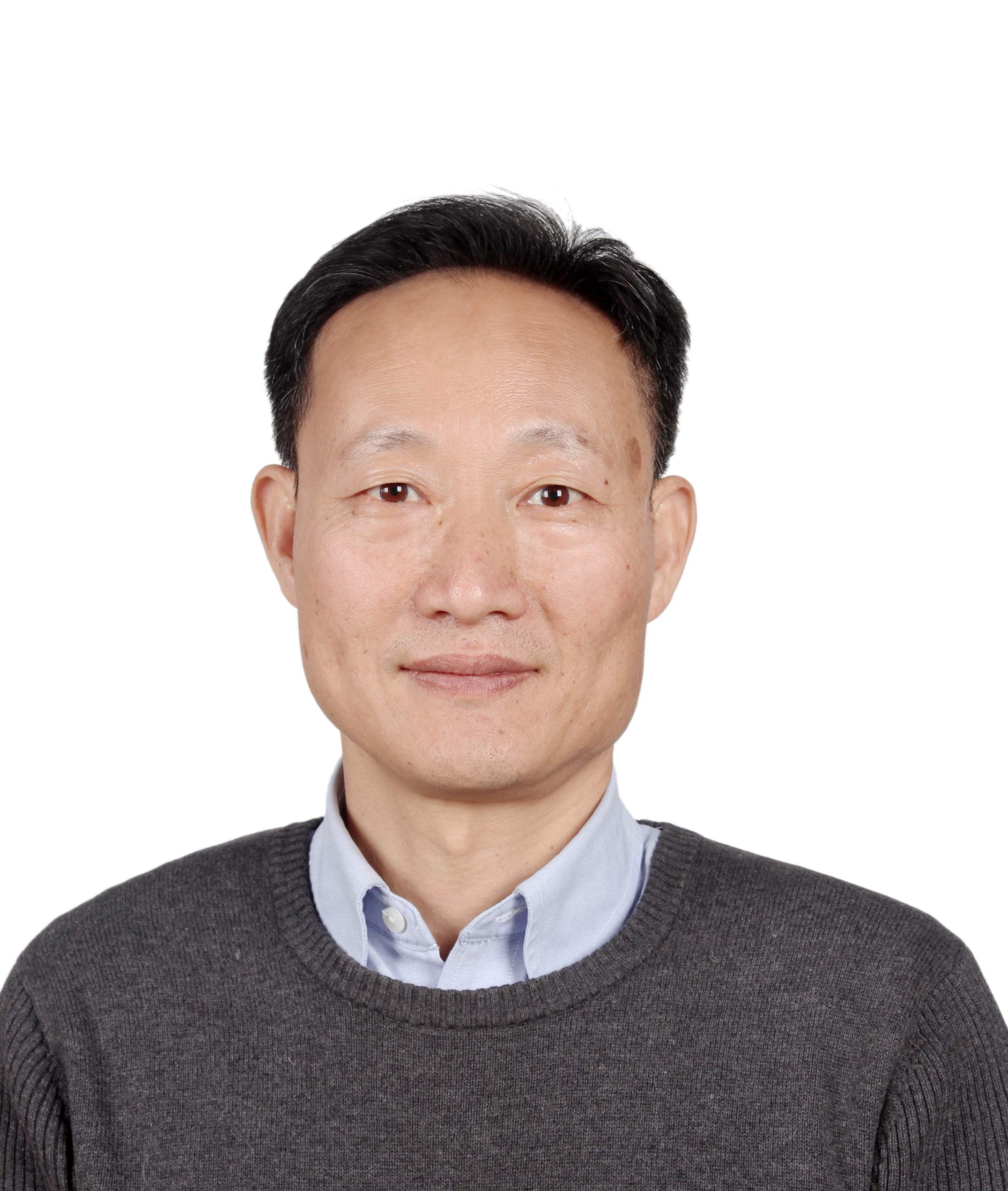Department of Cell Biology
Genze Shao

Genze Shao Professor, Dept. of Cell Biology, School of Basic medicine
Peking University Health Science Center
Contact Information
Tel:010-82805119
Email: gzshao@bjmu.edu.cn
Research Interest
Post-translational modification plays crucial roles in regulating protein stability and function, and participates in various biological processes including DNA repair, DNA replication, cell cycle and checkpoint control, and mitosis as well. The main research of our laboratory is focused on protein ubiquitination in the regulation of protein stability and function of key molecules such as BRCA1 and TOP2 in DNA damage repair, cell cycle and checkpoint control, the homeostasis of which is critical for genome integrity and tumor suppression, and as well as chemosensitivity of anticancer drugs.
PI Introduction
Dr.Shao obtained his Ph.D degree in Cell Biology at Peking University Health Science Center in 2003.He worked as postdoctoral researcher in the Center for Radiology at Columbia University Medical Center in 2000-2006, and later at the Abramson Family Cancer Research Institute (AFCRI) in 2007-2010.
Dr. Shao has been dedicated to molecular and cellular biology in the field of cancer research for many years. His main research focus is on the regulation of cellular genome stability and its relationship with tumorigenesis and chemotherapy sensitivity. During his doctoral studies, he made an original discovery and cloned the liver cancer-related gene LAPTM4B, with related research obtaining international patents in the United States, Europe, Japan, and Chinese national patents. He has conducted studies in tumor suppressors and their functions at the Columbia University Medical School and the University of Pennsylvania AFCRI in the United States, where he participated in investigating the function of tumor suppressors such as TGFBI and BRCA1 .Together with his colleagues, he discovered the targeting mechanism of the BRCA1 molecule at DNA double-strand break sites and isolated a new member of the RAP80 protein complex, MERIT40. The related research results were published in journals such as Science, Genes & Development, and PNAS . In 2010, he returned to China, where he focused on genome stability and tumorigenesis mechanisms. His current research focuses on the mechanisms for the maintenance of protein homeostasis of key molecules and their relationship with tumorigenesis as well as chemotherapy sensitivity.
Recent publications and patent(*correspondence)
(1) Guo X, Ma Y, Zhang T, Liu R, Chang F, Yan X, Yu T, Wu P, Li Q, Xu L, Duan J, Li L, Su Y, Shao G*. The deubiquitinating enzyme USP4 regulates BRCA1 stability and function. NPJ Breast Cancer . 2024 May 11;10(1):35
(2) Hu Y, Xu Y, Zhang T, Han Q, Li L, Liu M*, Li N*, Shao G*. Cisplatin-activated ERβ/DCAF8 positive feedback loop induces chemoresistance in non-small cell lung cancer via PTEN/Akt axis. Drug Resist Updat . 2023 Oct 26;71: 101014.
(3) Duan J, Huang D, Liu C, Lv Y, Zhang L, Chang F, Zeng X, Li L, Wang W*, Shao G*. USP11-mediated LSH deubiquitination inhibits ferroptosis in colorectal cancer through epigenetic activation of CYP24A1. Cell Death Dis . 2023 Jul 6;14(7):402.
(4) Liu F, Han Q, Zhang T, Chang F, Deng J, Huang X, Wang W, Xu Y, Li Q, Xu L, Zhang B, Li W, Li L, Su Y, Li Y, Shao G*. CRL4-DCAF8L1 Regulates BRCA1 and BARD1 Protein Stability. Int J Biol Sci. 2022 Jan 24;18(4):1434-1450.
(5) Xu Y, Hu Y, Xu T, Yan K, Zhang T, Li Q, Chang F, Guo X, Peng J, Li M, Zhao M, Zhen H, Xu L, Zheng D, Li L*, Shao G*. RNF8-mediated regulation of Akt promotes lung cancer cell survival and resistance to DNA damage. Cell Rep . 2021 Oct 19;37(3):109854.
(6) Kuang J, Li L*, Guo L, Su Y, Wang Y, Xu Y, Wang X, Meng S, Lei L, Xu L, Shao G*. RNF8 promotes epithelial-mesenchymal transition of breast cancer cells. J Exp Clin Cancer Res . 2016 Jun 4;35(1):88
(7) Yan K, Li L*, Wang X, Hong R, Zhang Y, Yang H, Lin M, Zhang S, He Q, Zheng D, Tang J, Yin Y, Shao G*. The deubiquitinating enzyme complex BRISC is required for proper mitotic spindle assembly in mammalian cells. J Cell Biol . 2015; 210:209-224(封面文章)
(8) Yi J, Lu G, Li L, Wang X, Cao L, Lin M, Zhang S, Shao G*. DNA damage-induced activation of CUL4B targets HUWE1 for proteasomal degradation. Nucleic Acids Res. 2015 May 19; 43(9):4579-90
(9) Zhu B, Yan K, Li L, Lin M, Zhang S, He Q, Zheng D, Yang H*, Shao G*. K63-linked ubiquitination of FANCG is required for its association with the Rap80-BRCA1 complex to modulate homologous recombination repair of DNA interstand crosslinks. Oncogene. 2015 May 28;34(22):2867-78.
(10) Patent: Shao G,Zhu B,Li L, Wang Y, Wang X, Cai X, LingM, Zhang S, Zhou RL, Yan K, Kuang J, Yi J, Lu G. “A novel tumor marker and its application”。Patent #: ZL201310611491.9; Certificate:1962493;Patent application date:Nov. 26, 2013;Patent Authorization Date:Feb. 24, 2016.

